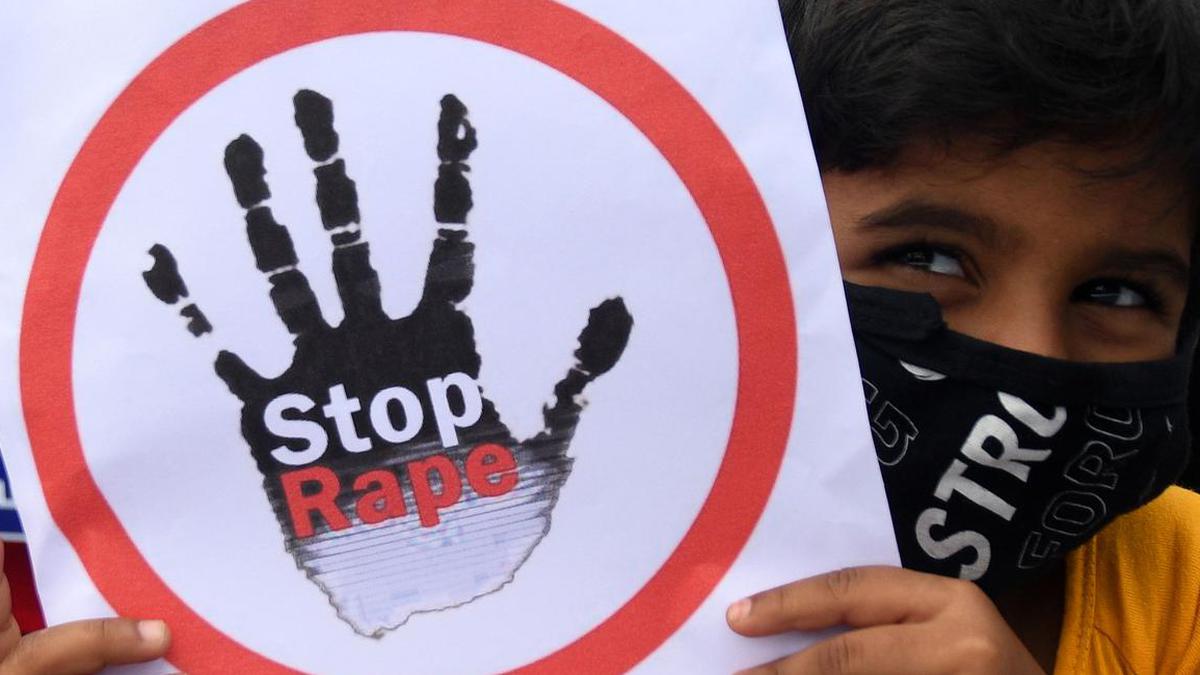
Get ready, law students! The biggest shocker of the year is here! The Parliament is making big changes to India's criminal laws this rainy season. So, there can be a huge transformation in your syllabus.
The Lok Sabha, on 11 August 2023, referred to the Parliamentary Standing Committee's three Bills aimed to replace the Indian Penal Code, the Criminal Code for Procedure and the Indian Evidence Act. The new bills are said to prioritise laws that protect women & children, punish the assassins & those who harm the state.
Let’s delve into the major changes brought into India's criminal code during the Monsoon Session 2023.
Why is this sudden change to India's Criminal Laws?
“All these laws were jammed with signs of slavery. The British Parliament had passed them, and we just adopted it. They have references in the UK Parliament, London Gazette, privy council, and the British Crown. There are 475 such references.” Hence, this sudden change has been brought.
Which new bills will replace IPC, CrPC & Evidence Act?
For this purpose, Home Minister Amit Shah introduced these three bills to overhaul India's criminal justice system:
-
The Bharatiya Nyaya Sanhita Bill, 2023 (to replace Indian Penal Code)
-
The Bharatiya Sakshya Bill, 2023 (to replace The Indian Evidence Act, 1872)
-
The Bharatiya Nagrik Suraksha Sanhita Bill, 2023 (to replace The Code Of Criminal Procedure, 1973)
The Bills have been framed after extensive consultation with several stakeholders, including Supreme Court and High Court Judges, Law Universities, Chief Ministers, Governors, etc., along with Committee’s recommendation.
What changes the new Bills will have on IPC, CrPC & Evidence Act?
Bhartiya Nyaya Sanhita proposes to repeal 22 provisions of the IPC and proposes modifications to 175 existing provisions. It also introduces eight new Sections & contains a total of 356 provisions.
1. Will Sedition be repealed?
 Source: The Wire
Source: The Wire
'Sedition' might have been repealed in the new bill. However, the Bill has provisions for "Offences against the State" & a new section will describe & prescribe punishment for "Acts endangering sovereignty unity and integrity of India" under Section 150.
Section 150 of this new bill states, "Whoever, purposely or knowingly, by words, either spoken or written, or by signs, or by visible representation, or by electronic communication or by use of financial mean, or otherwise, excites or attempts to excite, secession or armed rebellion or subversive activities, or encourages feelings of separatist activities or endangers sovereignty or unity and integrity of India; or indulges in or commits any such act shall be punished with imprisonment for life or with imprisonment which may extend to seven years and shall also be liable to fine,"
2. 'Murder' ≠ Section 302
 Source: 123RF
Source: 123RF
Section 302 of the Indian Penal Code provides the punishment for murder, stating that “whoever commits murder shall be punished with death or imprisonment for life, and shall also be liable to fine.” However, in the new bill, Section 302 does not cover this punishment; instead, it covers 'snatching'. It says:
“Theft is “snatching” if, in order to commit theft, the offender suddenly or quickly or forcibly seizes or secures or grabs or takes away from any person or his possession any moveable property.”
3. Penalizing Mob Lynching
 Source: Bar & Bench
Source: Bar & Bench
The new Bill makes provision to penalise the offence of 'Mob Lynching', which is punishable with seven years or life imprisonment or the death penalty.
4. 'Cheating' ≠ Section 420
 Source: Mumbai Mirror
Source: Mumbai Mirror
Section 420 prescribes 'cheating' in the IPC, stating, “Whoever cheats and thereby dishonestly induces [a] person…to deliver any property…, or to make, alter or destroy the whole or any part of a valuable security, or anything which is signed or sealed…shall be punished with imprisonment…which may extend to seven years, and shall also be liable to fine.”
However, there is no section 420 in the bill; instead, cheating is mentioned under section 316.
5. Imprisonment for False Promise to Marry
 Source: Scroll
Source: Scroll
There is a separate provision in the new bill stating, "Whoever, by deceitful means or making by a promise to marry to a woman without any intention of fulfilling the same, and has sexual intercourse with her, such sexual intercourse not amounting to the offence of rape, shall be punished with imprisonment of either description for a term which may extend to ten years and shall also be liable to fine,"
However, in IPC, no specific provision talks about this offence as it’s considered a ‘misconception of fact’ within the meaning of Section 90.
6. Minimum 20 yrs jail for gang rape
 Source: The Hindu
Source: The Hindu
According to the new Bill, a person convicted of gang rape will get a minimum of 20 years in prison, with the maximum punishment being life imprisonment.
The bill reads as: "Rigorous imprisonment for not less than 20 years but which may extend to imprisonment for life which shall mean imprisonment for the remainder of that person’s natural life and with fine."
7. Death Penalty for Rape of Minor
 Source: India Times
Source: India Times
The government has also proposed the "death penalty for rape of a minor", elaborating it as follows:
"Where a woman under eighteen years of age is raped by one or more persons constituting a group or acting in furtherance of a common intention, each of those persons shall be deemed to have committed the offence of rape and shall be punished with 20 imprisonment for life, which shall mean imprisonment for the remainder of that person's natural life, and with fine, or with death."
8. Community Service for Defamation
/content-assets/90c8467145524ea2a3202a8e8d4034d3.jpeg) Source: Istock
Source: Istock
-
Section 499 of the Indian Penal Code (IPC) prescribes punishment & Section 500 prescribes the penalties for defamation, outlining that: “Whoever defames another shall be punished with simple imprisonment for a term which may extend to two years, or with fine, or with both.”
-
However, in the new bill, it does not have Section 499. Instead, Section 354 (1) and Section 354(2) detail the punishment, including "community service, stating: "Whoever defames another shall be punished with simple imprisonment for a term which may extend to two years, or with fine, or with both or with community service."
9. Digitisation
 Source: The Wire
Source: The Wire
The entire process will be digitised, starting with the FIR filing and extending to the upkeep of the Case Diary along with the submission of a Charge sheet.
-
A comprehensive trial, including Cross-examination and appeals, will be motivated to be conducted through Video conferencing.
-
It is compulsory to employ videography when recording statements from victims of sexual crimes.
Conclusion
The new criminal law bills are a result of a previous recommendation. That is, the Centre, in March 2020, constituted a Criminal Law Reforms Committee to make suggestions to revise IPC, CrPC and the Indian Evidence Act. Then in 2022, the Committee submitted a report to the Government after taking suggestions from the public. Now, we hope that introducing these bills will go a long way to enhance the judicial system of India.